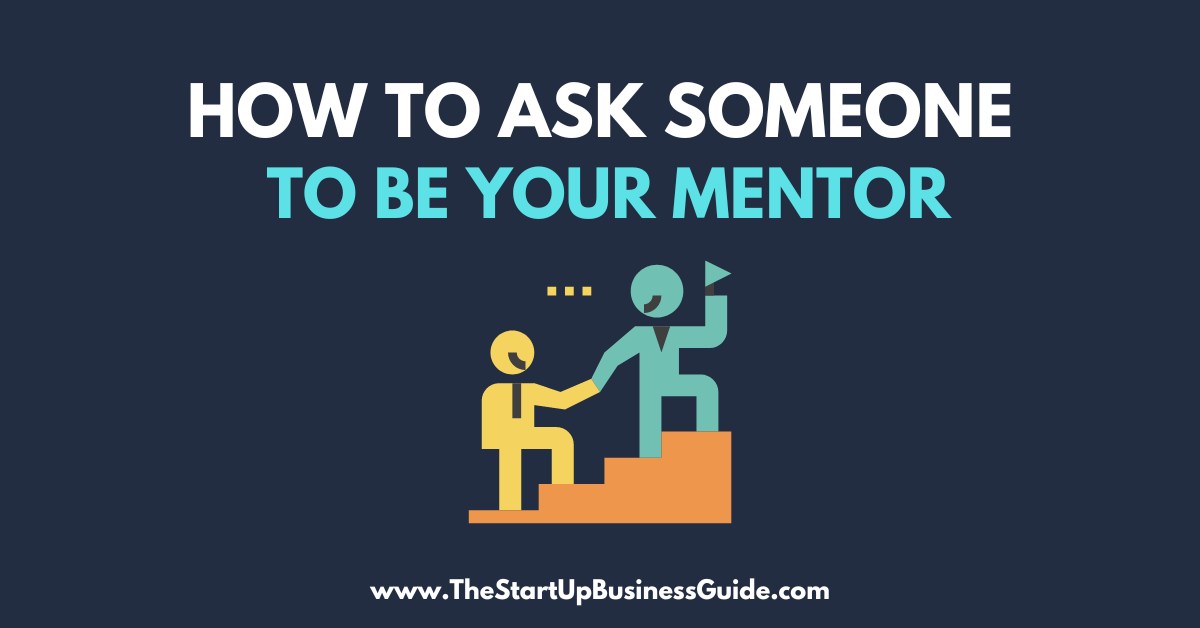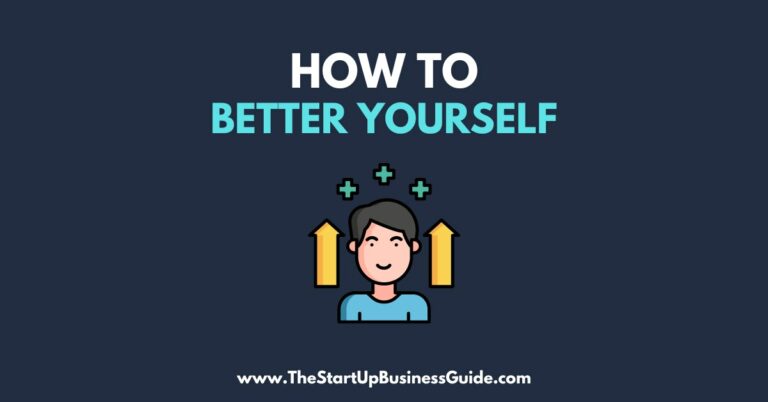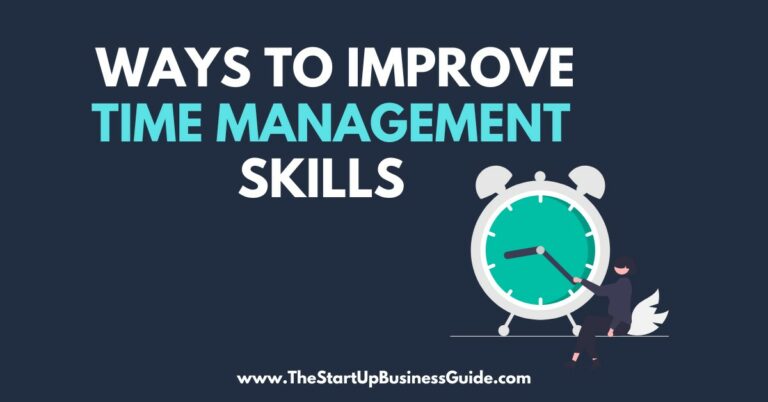How to Ask Someone to be Your Mentor

Having a mentor is extremely important for anyone looking to advance in their career.
A mentor is someone who has experience and knowledge in a specific field and is willing to share that knowledge with someone who is just starting out or looking to improve their skills.
In this article, we will discuss the importance of having a mentor and the steps you can take to find one that is right for you.
Research
The first step in finding a mentor is to do your research.
Look for individuals whose experience and skills align with your goals.
This could be someone you know personally, or someone you have only read about or heard of.
You can use LinkedIn, Google, or other professional networking sites to find potential mentors.
Preparation
Before reaching out to potential mentors, it’s important to prepare.
It includes creating a resume and cover letter, practicing your pitch, and thinking through potential questions you may be asked.
It’s also a good idea to have a clear understanding of what you are looking to gain from a mentorship.
Reaching Out
There are a few different methods of contacting potential mentors, including email, LinkedIn, and in-person networking.
When crafting your message, be specific about what you are seeking and explain how a mentorship would benefit both you and the mentor.
It’s also important to remember to be polite and professional.
Follow-up
After reaching out to potential mentors, it’s important to follow-up.
This includes sending thank-you notes and staying in touch.
It’s also important to set goals and schedule regular check-ins to ensure that you are getting the most out of your mentorship.
Conclusion
In conclusion, having a mentor is extremely important for anyone looking to advance in their career.
By doing your research, preparing, reaching out, and following-up, you can find a mentor that is right for you.
Remember, a mentorship is a two-way street, it’s important to communicate clearly what you hope to gain and also be open to learning and feedback, also don’t be afraid to reach out to potential mentors and take the first step.
FAQs about Asking Someone to be your Mentor
Why do I need a mentor?
A mentor can provide guidance, advice, and support as you navigate your career or personal development goals.
They can offer valuable insights and perspective, and can help you to avoid common mistakes and pitfalls.
How do I find a mentor?
You can find a mentor through networking, asking for referrals, or by searching for mentorship programs in your industry or field.
Consider reaching out to people you admire or respect, and ask if they would be willing to mentor you.
How do I approach someone to ask them to be my mentor?
When approaching someone to ask them to be your mentor, it’s important to be clear about your goals and what you hope to gain from the mentorship.
Be respectful of their time and be prepared to explain how you believe they can help you grow and develop.
What should I say when asking someone to be my mentor?
When asking someone to be your mentor, you should be clear and direct.
Explain why you admire and respect them, and how you believe they can help you achieve your goals.
Be specific about what you hope to gain from the mentorship, and be willing to discuss the time commitment and expectations on both sides.
What if they say no?
If someone says no to your request to be your mentor, don’t take it personally.
Instead, ask if they can recommend someone else who might be a good fit for you.
Remember that finding a mentor is a process, and it may take some time before you find the right person.
What are the benefits of having a mentor?
Having a mentor can provide a variety of benefits, including guidance, advice, and support as you navigate your career or personal development goals.
They can offer valuable insights and perspective, and can help you to avoid common mistakes and pitfalls.
Further, a mentor can help you to develop new skills, gain confidence, and expand your professional network.
How long should a mentorship last?
The length of a mentorship can vary, depending on your goals and the needs of both you and your mentor.
Some mentorships may last for a few months, while others may continue for several years.
It’s important to discuss the time commitment and expectations with your mentor so that you both have a clear understanding of the mentorship’s duration.
How often should I meet with my mentor?
The frequency of meetings with your mentor will depend on your goals, the needs of both you and your mentor, and your mentor’s availability.
It’s important to discuss the schedule of meetings with your mentor so that you both have a clear understanding of the expectations.
What should I talk to my mentor about?
During your meetings with your mentor, you should discuss your goals, challenges, and progress.
Ask for advice and guidance, and be open to feedback.
It’s also important to be respectful of your mentor’s time and expertise, and to come prepared to each meeting with specific questions or topics for discussion.
Can I have more than one mentor?
Yes, it’s possible to have more than one mentor.
Having multiple mentors can provide different perspectives and areas of expertise.
It’s important to be clear with your mentors about your expectations and the time commitment required for each mentorship.
How do I thank my mentor?
Showing gratitude and appreciation to your mentor is important.
You can thank your mentor by sending a handwritten note, by inviting them to an event or meeting that you think they would be interested in, or by keeping them updated on your progress and accomplishments.
It’s also important to remember that mentorship is a two-way relationship.






